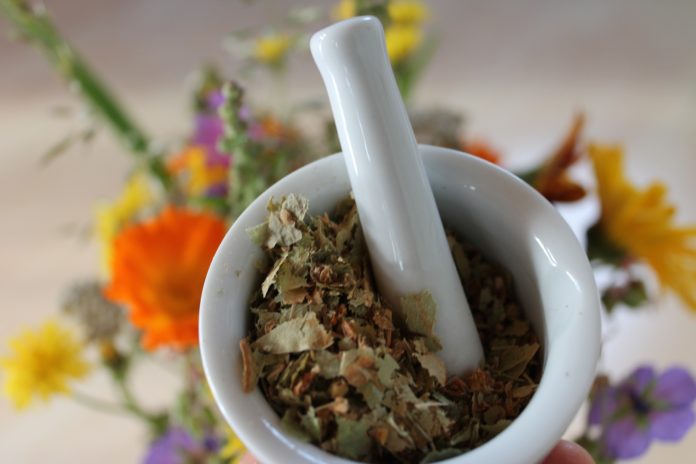Conditions set in National Medical Commission Bill to allow practitioners of Indian medicine prescribe modern medicines are in reality so stringent that it is virtually impossible that they will ever be met
The controversial bridge course for AYUSH doctors to allow them to practice allopathy, as envisaged in the National Medical Commission Bill may in effect never happen. While the Bill saw agitated doctors taking to the roads and going on strike to protest this provision – along with several others – closer scrutiny of the Bill shows that the conditions for such a course getting the approval of the proposed NMC are so stringent as to be almost impossible to be met.
The Bill is currently under scrutiny of the Parliamentary standing committee for health and family welfare. According to the text of the Bill that was tabled in Parliament earlier this month, every doctor in the 25 member NMC – and that includes the directors of AIIMS, Delhi, JIPMER Pondicherry and PGIMER Chandigarh and elected members – has a veto. A bridge course can happen only if the NMC decides on it unanimously.
The Bill says: “The joint sitting (of the National Medical Commission, the Central Council of Homoeopathy and the Central Council of Indian Medicine) referred to in sub-section (1) may, by an affirmative vote of all members present and voting, decide on approving specific bridge course that may be introduced for the practitioners of Homoeopathy and of Indian systems of Medicine to enable them to prescribe such modern medicines at such level as may be prescribed.”
Among the ex-officio members of the NMC are the diretor general of health services, director general, Indian Council of Medical Research, director, All India Institute of Medical Sciences, Delhi or his nominee, director, Post-Graduate Institute of Medical Education and Research, Chandigarh or his nominee, director, Jawaharlal Institute of Post-Graduate Medical Education and Research, Puducherry or his nominee, director, Tata Memorial Hospital, Mumbai or his nominee, director and North Eastern Indira Gandhi Regional Institute of Health and Medical Sciences, Shillong or his nominee. All these people, except the DG ICMR would necessarily be doctors. Apart from these there would also be “five Members to be elected by the registered medical practitioners,” as per the Bill.
“It will take just one of these people to raise their hand and say that they are not convinced about the bridge course. The legitimate opposition would have been to say that the bill is biased against AYUSH practitioners because the conditions are so stringent. The charge is intriguingly just the opposite. That provision was essential because there are two Supreme Court judgements which disallow crosspathy on the ground that the Indian Medical Council Act does not provide for it and given the dire shortage of doctors in rural areas, we do not really have any other resource to fall back upon,” explained a government source.
The first meeting of the standing committee on the NMC Bill happened on January 12, The next one is scheduled next week.


